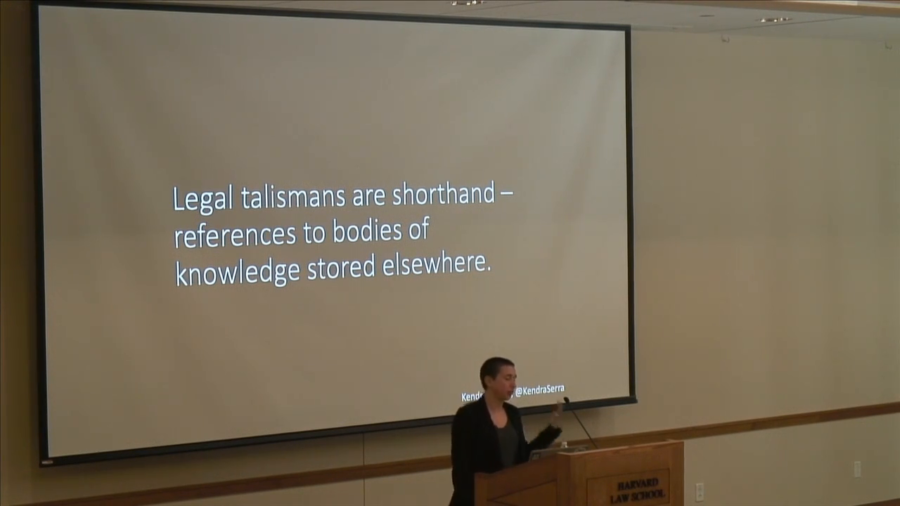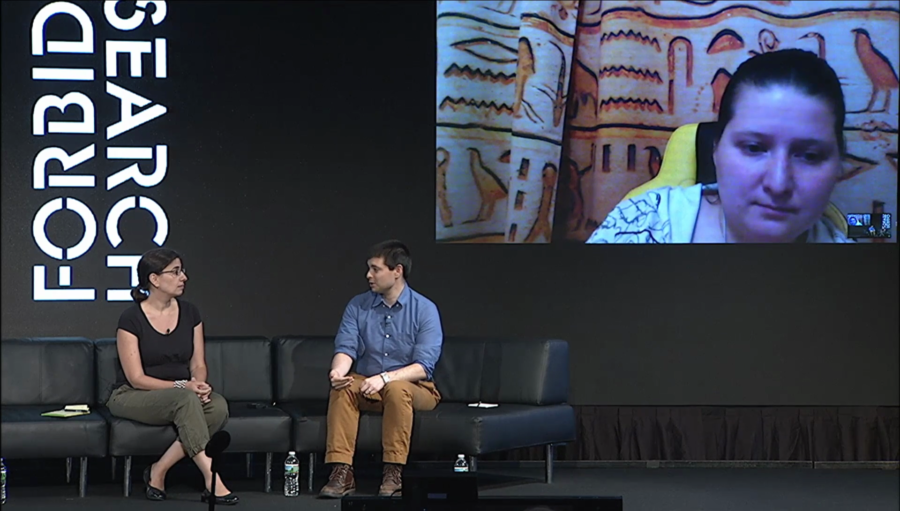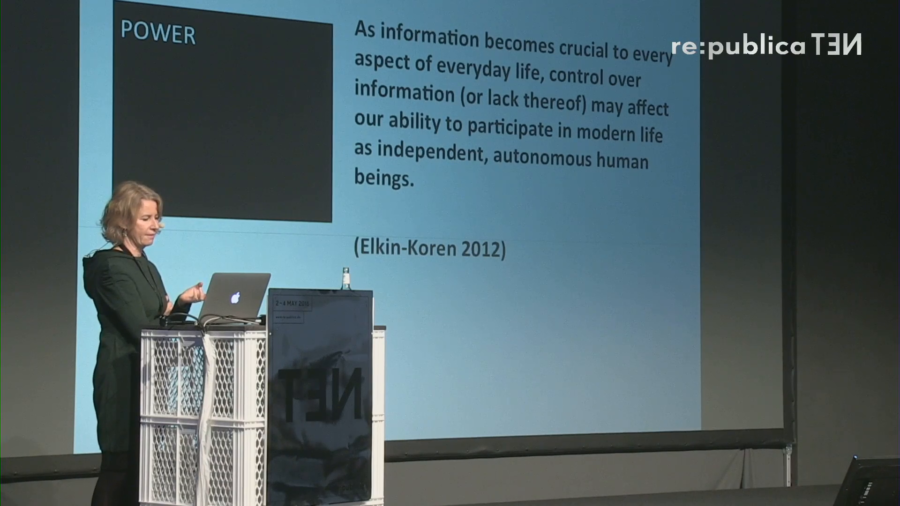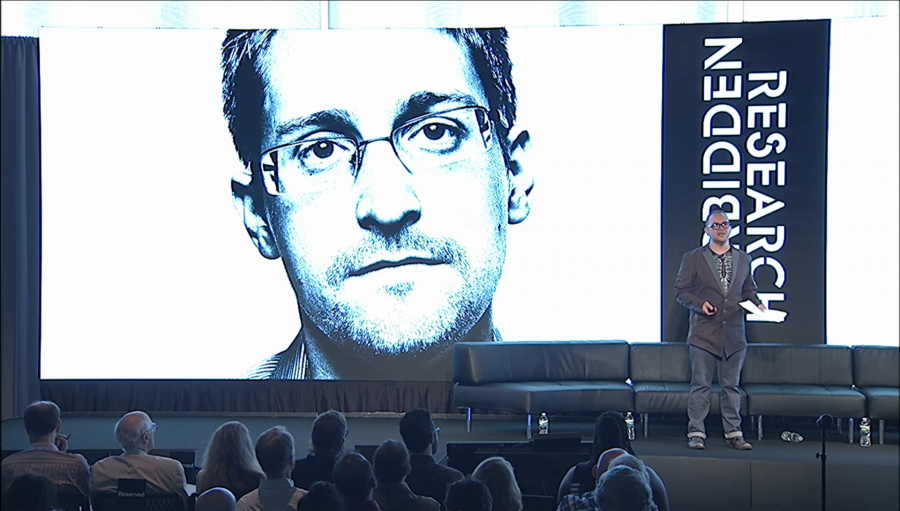Quite often when we’re asking these difficult questions we’re asking about questions where we might not even know how to ask where the line is. But in other cases, when researchers work to advance public knowledge, even on uncontroversial topics, we can still find ourselves forbidden from doing the research or disseminating the research.
Archive

Once we understand that legal talismans are protective invocations, we have to be critical of them. Even the ones we like. The shorthand is not comprehensible to users. And the shorthand is not comprehensible to people more generally.




The Web We Lost
I can have my independent blog, but if it’s not being promoted through one of these networks, nobody sees it. If it’s not being injected in one of these streams in a format that’s consumable in one of these streams, that’s compatible with what they call native advertising, which is stream items that are ads, then it doesn’t get seen.